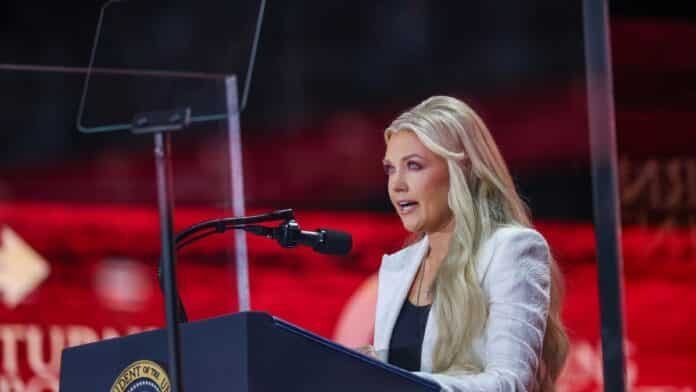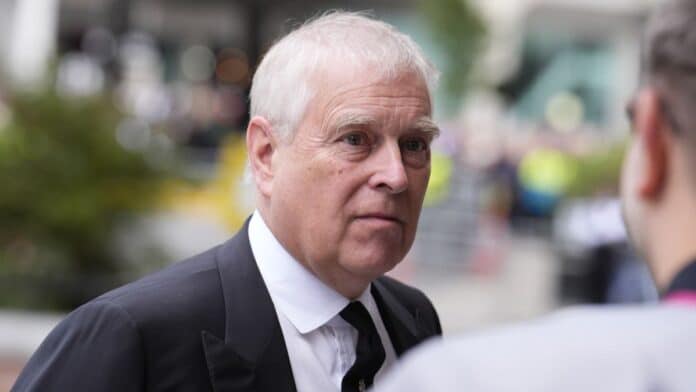In a blistering interview, actor Harrison Ford described Donald Trump as “a greater criminal in history” due to what Ford argues is negligent and destructive policy‑making, especially on environmental issues. The remarks inject celebrity commentary into the national discourse ahead of the 2026 election.
Ford, age 83, told The Guardian that Trump “doesn’t have any policies, he has whims,” and singled out what he calls the president’s “ignorance, hubris, lies, and perfidy.” He added: “It’s unbelievable. I don’t know of a greater criminal in history.”
At the core of Ford’s criticism is the environmental agenda. He blasted Trump’s decisions to roll back climate regulations, exit international agreements like the Paris Accord, and promote fossil‑fuel production. Ford framed those actions as contributing to global crisis.
Ford is no stranger to activism; over the years he has supported conservation causes and made public endorsements of political candidates. He asserted that if political will is lacking and policy precision absent, society risks losing significant ground. Yet, his vocabulary—labeling a president “the greatest criminal”—has ignited a sharp response.
The timing is notable. With the 2026 midterm election season underway, high‑profile comments like Ford’s may energise both critics and backers of Trump‑style politics. For supporters of Trump, the remarks reinforce a belief that Hollywood elites are disconnected from grassroots concerns. For critics, the statements serve as a vivid expression of frustration with current governance and perceived inaction on critical issues.
Still, questions remain around Ford’s claim. Historically, many figures accused of mass atrocities or systemic crimes are regarded as more culpable—raising scrutiny of Ford’s comparative language. Analysts may view the remark as hyperbolic political rhetoric rather than a calibrated legal critique.
Overall, Ford’s statement crystallises a larger debate about celebrity engagement in politics and how public figures characterise opponents. Whether his remarks will sway voters or deepen cultural divides is uncertain—but they add a dramatic moment to the political conversation heading into the next election cycle.












